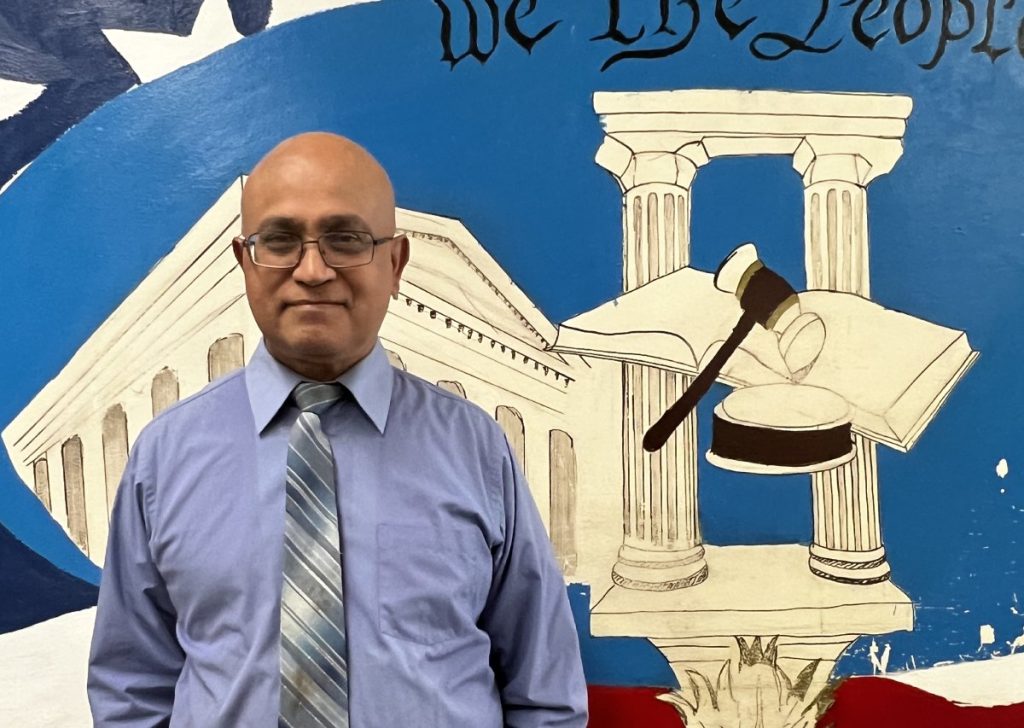Political parties are not mentioned in the constitution of T&T or of most nations, but since their emergence they became and remain essential institutions for the proper functioning of a democratic society. Their absence in a country leads to one party dominance and authoritarian rule. They are critical for democratic functioning of a society. But even when there exist multiple parties, a country can still experience authoritarian rule (or autocracy – strong man or woman politics) as experienced throughout the Caribbean and Latin America. There have existed, including in T&T, top-down organisational structure where power and decision making are highly centralized – leader dominance.Those who question party leadership face sanctions (called all kinds of names) including expulsion from the party. T&T is not immune to strong personality politics, breeding patrimonialism (matrimonialism).
Autocracy or one personal dominance in T&T and around the region can be avoided if a party functions democratically, meaning having intra-party democracy (as exist in USA, UK, among others) allowing similar practices that exist nationally in a democratic society, permitting freedom to critique the leader and the executive, challenging officers for party positions, and participating in all aspects of the party. Intra-party democracy (especially voting for leadership and executive) is a key element of participatory democracy and is widely perceived as necessary for the development of a democratic culture in the society. On this note, UNC (and late party founder and leader Basdeo Panday) must be commended for introducing intra-party democracy (membership vote) in T&T in 2001, copied by the PNM a decade later. But all too often, the ideals of party democracy are violated as witnessed in UNC after its first internal party election in 2001 when Ramesh Lawrence Maharaj’s Team Unity slate was elected. Every party election post 2001 was marred with irregularities and skullduggery. If a party lacks intra-party democracy, such as lack of credible elections, in all likelihood, the leader or executive will not subscribe to the democratic functioning of the state or government. And such behavior has been witnessed in several countries in Asia, Africa and former communist nations. All too often, there is a variance between the established formally written rules stipulated in a party constitution and the practical reality in its actual functioning as existing in all parties in T&T and throughout the region. If a party does not allow intra-party democracy and violates the principle of free and fair election, then it should not expect democracy nationally. Democracy is not restricted to national participation but in parties as well. Political parties are not exempted from democratic practices (free and fair elections and participation in all aspects of operations of a party). All political parties must incorporate democratic ideals in their functioning. Internal party elections must also conform with standard democratic principles.
A party is supposed to encourage its members to participate in all processes, activities, and organs and its overall functioning. Factions or slates are expected when seeking internal positions. It is expected that the slates will also behave democratically and encourage democracy, incorporating national democratic ideals in internal processes of the party. But when a faction or slate of a party controls the internal mechanism or machinery, democracy is undermined. And when a slate practices or encourages skullduggery like removing members from a voting list and or secretly add members or deliberately transferring members to vote in a far-off location, discouraging their participation, the action undermines democracy. This kind of behavior don’t exist in mature democracies of developed nations.
Intra-party democracy is good for political party effectiveness. Free and fair elections will increase participation, end stagnation, help the party to regain legitimacy, improve internal functioning, and enhance electability. The UNC and other parties should have an independent election commission charged with overseeing and administering democratic internal party elections. When the UNC concludes its elections on Saturday June 15, it must be beyond reproach. Questions and commentaries (supported by solid evidence) should not swirl as happened in elections in 2007 and every internal election thereafter. Fraud undermines the leadership. Worse, it mashes up the party, leading to permanent factionalism and even splits that result in formation of new parties. Disaffection grows and the party loses members and supporters and ultimately government as happened repeatedly in T&T and widely expected post June 15.
Intra-party democracy is a desirable ideal for UNC and other parties as it leads to party effectiveness, electoral success and strengthening of democratic culture. If there is integrity in the process, voters will have faith in that party. And faith has been lacking in the dominant parties over the last decade. UNC should erase doubt about its election by having a credible process.
